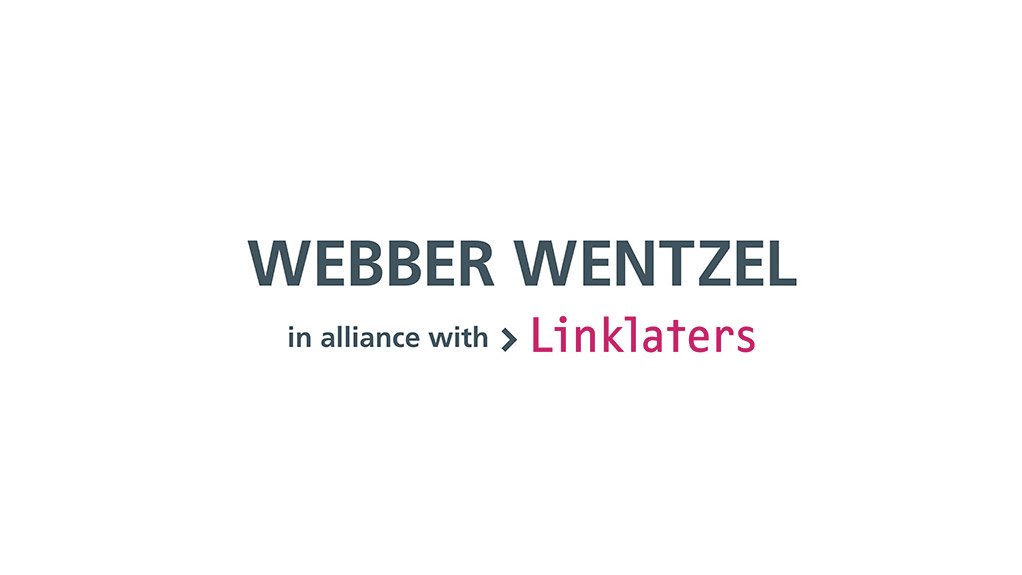As of June 2024, the Financial Sector Conduct Authority (FSCA) has issued 138 crypto asset service provider (CASP) licences. With the rolling out of licences, the discussion around the crypto industry moves from whether crypto assets should be regulated, to more detailed topics around "what should be regulated?" and "how should it be regulated?"
There are currently two pieces of legislation in relation to crypto assets that require some form of registration or approval. On the one hand, you have CASP financial service provider licences being issued by the FSCA in terms of the Financial Advisory and Intermediary Services Act and on the other hand, you have the Financial Intelligence Centre (FIC) requiring registration of CASPs who are deemed accountable under the Financial Intelligence Centre Act.
Now that South Africa has decided the initial material question of whether it wants to regulate crypto assets, the regulatory discussion now progresses to other areas that require clarity. One of the emerging discussions is whether all tokens (ie crypto assets) should be regulated in the same manner.
In the crypto community, you will hear people talking about coins or tokens. Coins are understood to be digital currency while tokens are digital assets that are developed or issued for a particular project and can have various uses. At a high level, you either come across fungible or non-fungible tokens in the digital asset market. Fungible tokens are digital assets that are identical and interchangeable, while non-fungible tokens are digital assets that are unique and represent a unique item on a blockchain. However, to determine the type of token you are dealing with, it is critical to analyse the rights attached to a particular token. Put differently, what is the holder of a particular token entitled to?
Unlike Europe's Markets in Crypto-Assets Regulation (MiCAR), which sets out categories of crypto assets within its regulatory regime, South Africa adopts a broad definition for crypto assets and currently does not have any sub-categories. To add further complexity to the discussion, the two pieces of regulation which currently cover crypto assets in South Africa do not adopt the same definition. The definitions are similar however they are not the same.
The crux of the matter is that one will have to assess if they require a license with the FSCA if they are dealing with a crypto asset that:
- is a digital representation of value;
- is not issued by a central bank;
- is capable of being traded, transferred, or stored electronically;
- is used for the purpose of payment, investment and other form of utility;
- applies cryptographical techniques; and
- uses distributed ledger technology.
A person will also have to assess if they are required to be registered with the FIC as an accountable institution if they are dealing with a crypto asset that:
- is a digital representation of value or perceived value;
- can be traded or transferred electronically within a community of users of the internet;
- is considered by a community of users as a medium of exchange, unit of account or store of value and use it for payment or investment purposes;
- but does not include a digital representation of a fiat currency or a security as defined in the Financial Markets Act.
Due to the broad definitions set out for crypto assets in the South African regulatory regime, both digital currency and digital assets (ie coins and tokens) would potentially fall within the ambit of the definitions. The definitions are technology neutral and intentionally broad, with the intention of capturing an array of digital assets and digital currency.
Since South Africa is still at the beginning of its crypto asset regulatory journey, it is expected that further clarity in the future will be provided about which crypto assets and activities will be exempt for licencing requirements. In the interim, the burning question most players in the crypto industry have from a regulatory perspective is clarity on South Africa's position on exchange control.
Written by Lerato Lamola, Partner at Webber Wentzel
EMAIL THIS ARTICLE SAVE THIS ARTICLE ARTICLE ENQUIRY
To subscribe email subscriptions@creamermedia.co.za or click here
To advertise email advertising@creamermedia.co.za or click here











